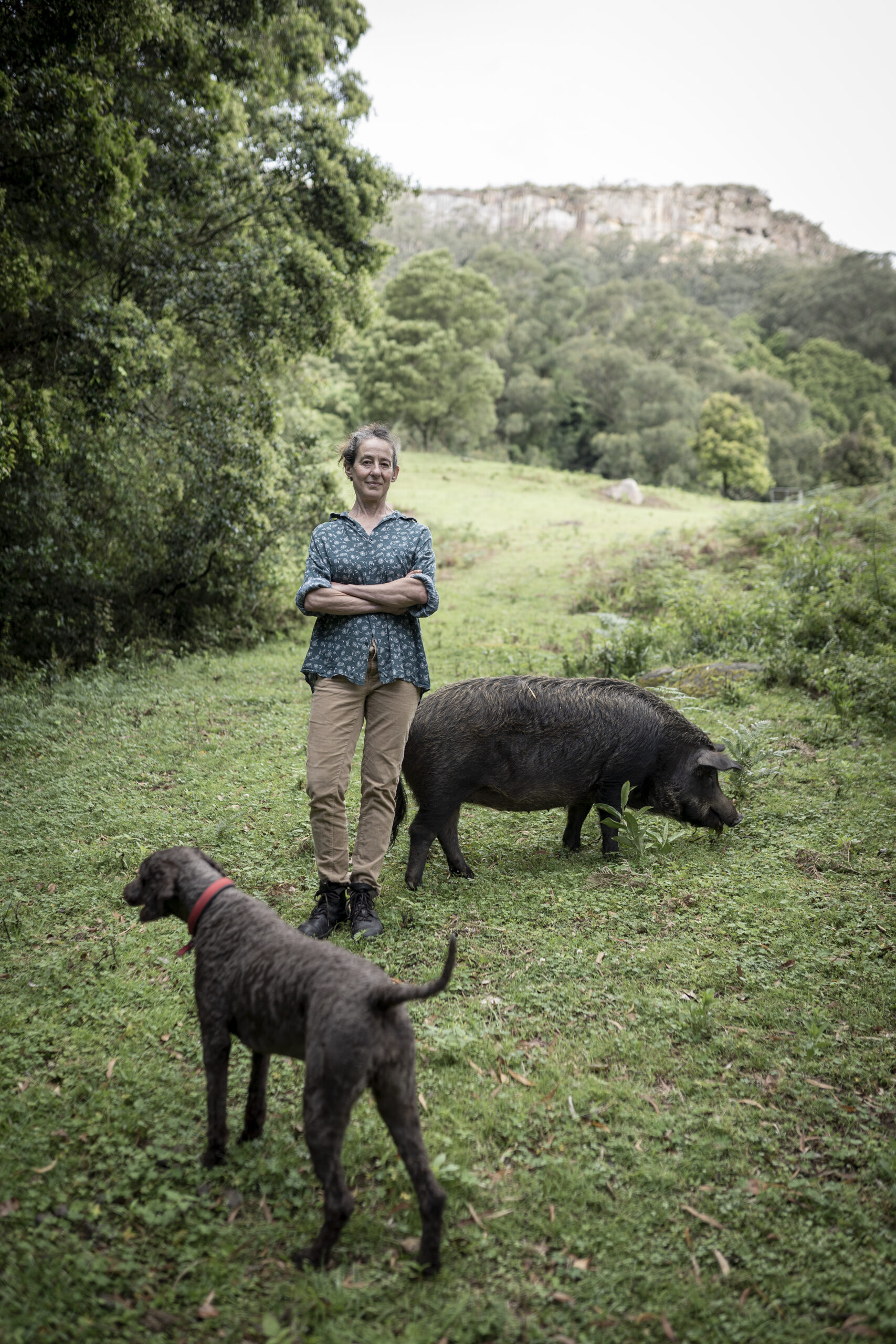13 September 2019, Deakin Downtown, Melbourne
Invited speakers [more speakers TBC]
Prof. Fiona Probyn Rapsey, University of Wollongong
Associate Professor Grazyna Zadjow, Chair of Human Research Ethics, Deakin University
Sara Paradowski, Manager, Deakin Research Integrity
Research and scholarship focusing on nonhuman animals in the Humanities and Social sciences is of increasing importance in Australia, as it is internationally. Variously referred to as Critical Animal Studies (CAS), Human-Animal Studies (HAS), or Animal Studies, this rapidly emerging field covers a wide range of research approaches and methodologies, across multiple and complex engagement with nonhuman animals as hitherto marginalised, or even invisibilised subjects of our diverse multi-species communities. A common thread in the significant growth in non-human animal research within the social sciences, is the repositioning of animal agency, and thus a concern for animal as subject in social sciences (or in bringing a social sciences perspective to animal ethics and welfare, or human-animal interactions in the natural sciences).
In working with living animals in the humanities and social sciences, there is, however a regulatory lacuna on the conditions and protocols for ethically oriented research towards animal subjects. Ethnographic research on living animals in the fields of human/animal geographies, sociology, anthropology, politics and international relations, development studies, cultural and gender studies, among others, frequently lie outside of the scope of Human Ethics, as well as Animal Ethics (whose regulations are currently determined by the NHMRC for biomedical and cognate research).
In response to this significant gap in discourse, policy, and regulation on researching ethically with living animals in the humanities and social science, we propose a workshop to initiate action in this space. We envisage this workshop as a starting point to addressing this gap formulating the conditions of ethical research in these fields. Against this context, we invite a robust discussion on how researchers working on multi species scholarship with living animals have addressed these dilemmas so far in their work, and how we might continue to do so productively. We invite papers that address themes that debate the following, among others:
- What constitutes ‘ethical’ research – for other animals?
- How are (other) animals framed in social sciences and humanities work? How are humans framed in such scholarship?
- The kind of research that is being done in these fields; and the field conditions of such research that constitute ethical dilemmas in our obligations as researchers to animal subjects;
- How can complex issues of human power, and animal vulnerability be addressed in ethical research?
- What constitutes species-specific ‘consent’ and ‘resistance’, and how can it be accounted for in ethical research with animals?
- The parameters of what constitutes unethical research in these fields for the animals;
- If and how this research intersects, and departs from existing Animal Ethical protocols and conditions; and
– Fundamental principles, and potential innovation in protocols for ethical research with animal subjects in
the Humanities and Social Sciences
– Methodological considerations for ethical animal research
In particular, the workshop envisages conversations around two goals – one, in the immediate future, what an SSH-driven Animal Ethics training protocol might look like. Two, in the medium term, what would be the aims and critical points to lobby for regulatory change in researching with other animals in humanities and social sciences work?
Please send 200 word abstracts, and short author bios by 10th August 2019 to y.narayanan@deakin.edu.au and k.hall@deakin.edu.au.
If you’d like further information about the Deakin Critical Animal Studies Network – please visit https://www.dcasn.com/


